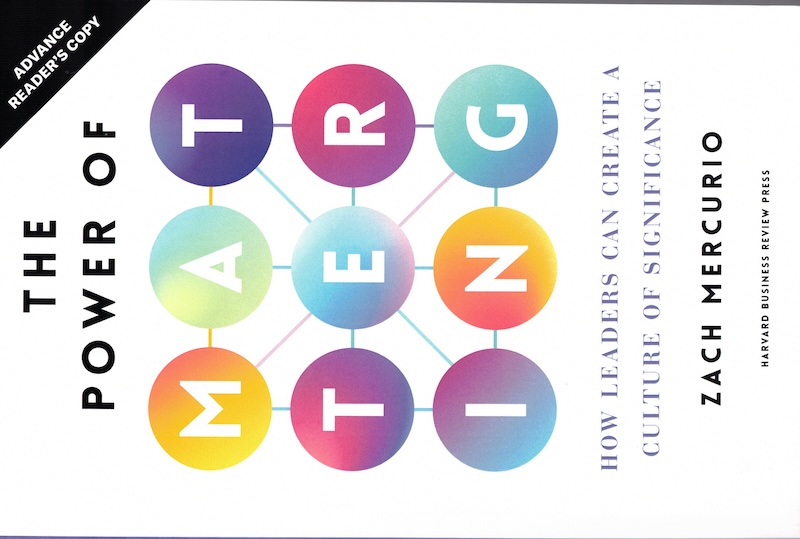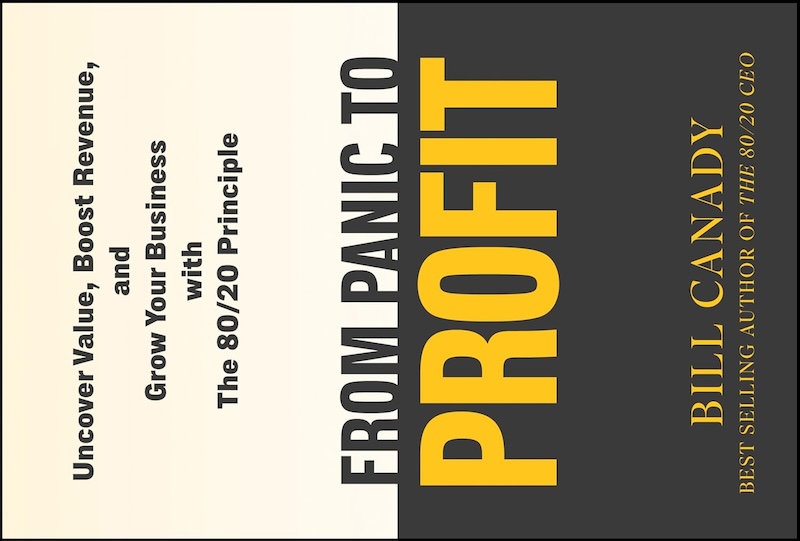The Right People Power God-Honoring Businesses
You can craft the most impactful mission statement in the world, but if you don’t have the people who can pull it off, you’ll accomplish nothing. You can define the most attractive culture ever, but if the people you hire are incapable of acting that way, then everyone will be miserable. You can write the most compelling brand promise customers have ever heard, but if your people can’t deliver the value proposition, then your company’s reputation will be worse than if you’d never tried.
Your business is defined by your people.
Your recruiting has to attract the people that will make your business shine, and you have to choose who to hire based on their fit (not just the strength of their credentials) if you want to honor God.
You might be tempted to think that, since you want your business to glorify God, you need to only hire Christians. But if God could use a donkey to get a pagan prophet to bless the Israelites and bring Him glory, you can use all kinds of people in your business to bless your customers and glorify God.
The Right People Power God-Honoring Businesses Read More »










